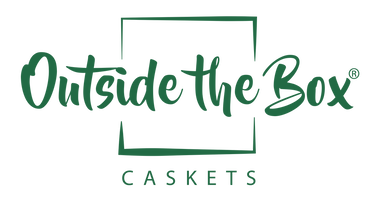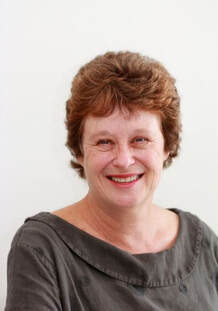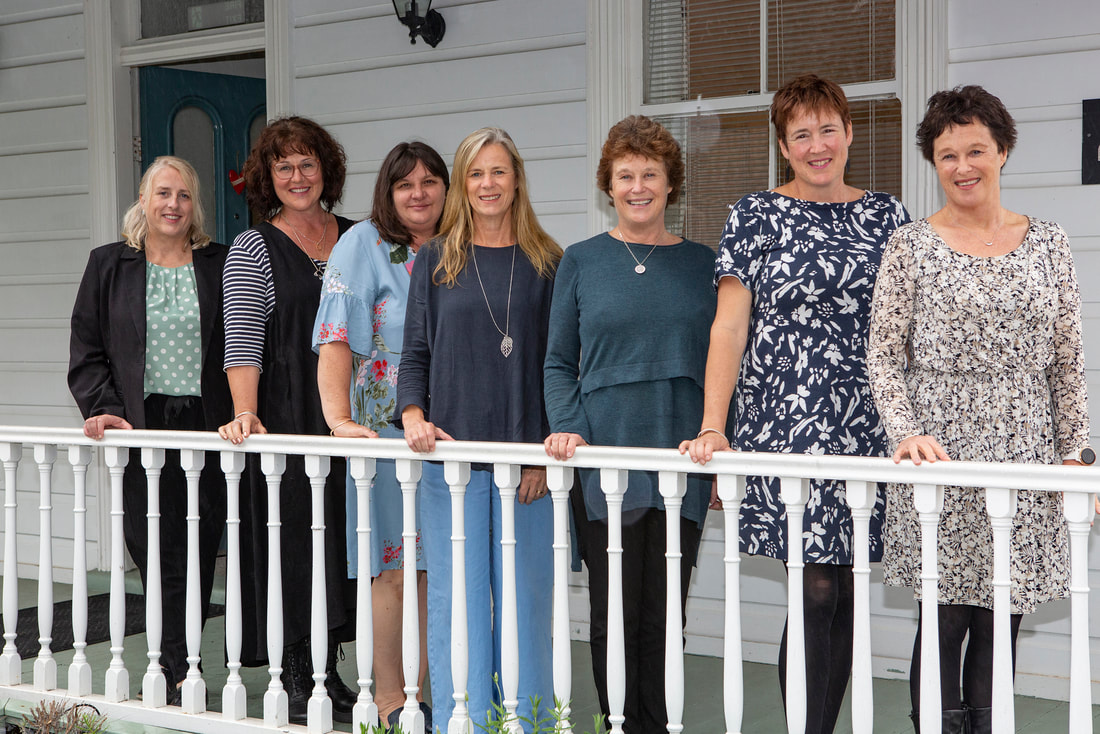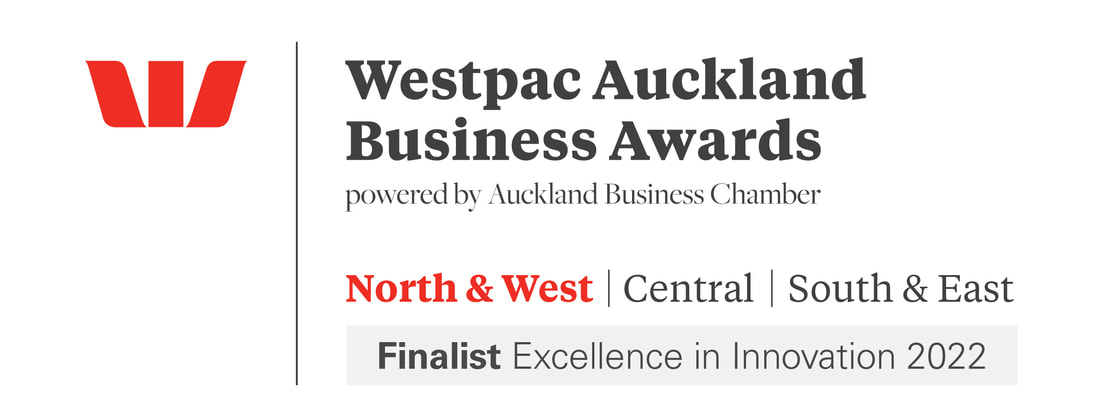A day in the life of a Funeral Director - Meet Janet Mikkelsen from Aroha FuneralsWhen did you decide you wanted to be a funeral director? How did you get into it? It was about 10 years ago. I had been working as a paediatric oncology and paediatric palliative care nurse for 30 years and wanted a change from that very intense, challenging role. I had a been involved in a few funerals for the children I looked after with State of Grace funerals and liked how they worked with families. So I worked with them for a year and then opened my own branch. Tell us about your business? We are a small, family focussed funeral company. We have branches in Mt Wellington and Takanini, plus a shop in the Meadowbank Mall. We are able to be quite bespoke with the funerals we offer, due to our size and philosophy. What makes your business different? A few things. We are NZ owned and operated, we are all women, we are completely transparent about cost, and we strive to be eco friendly – we rarely embalm anyone, choosing instead to look after people by keeping them cool, we have some electric vehicles, we are involved in planting trees to offset our cremations, and we have a nearly zero waste office system. We genuinely go out of our way to ensure families get to farewell their person in the way that is the best for them. What do you love most about being a funeral director? Helping people at a difficult and vulnerable time. I love hearing the stories of people’s lives and meeting so many interesting families from a variety of backgrounds and cultures. I love the feeling when I know we have really listened to what a family want and have been creative in making that happen. Hearing that we have made a difference is very rewarding. What are some of the biggest changes you’re seeing in the funeral industry? A large number of funeral companies are now owned by Australian companies which are listed on the stock exchange there, so there is a responsibility to the shareholders to be focussed on profit. I do find that concerning. Our emphasis on cost effective practices such as rental coffins and encouraging families to do as much as they want also seems to be well received. Many of the people making the decisions in a family are of the generation where they are interested in options, interested in being involved and very open to keeping the process as natural as possible. What does a typical day look like for you? That is hard to answer as one of the joys of this work is that you never know how your day will pan out. However, over a week, I would generally be involved in 3 to 4 funerals, either being the funeral director myself, or supporting a colleague. I would help pick up people who have died from wherever that has been – hospital, hospice, rest home or their own home. I would probably see a couple of families to do the funeral planning for their person that has died and then be involved in the event management of that – booking venues, a celebrant, flowers, sorting out a service sheet, and so on. We are very encouraging of families visiting their person at our premises and helping us dress them as well if they would like to – this is a lovely thing to be involved with. Families caring for their person for the last time. We often have people at home being cared for there so we will call in to see how they are getting on. We also quite often do prearrangements with people – helping them plan everything beforehand so they don’t need to be making big decisions at the time of the death. What qualities do you need to be a funeral director? The main things are being kind, gentle and organised. Obviously good communication skills are needed and the ability to work well with a team. Having some experience with death and bereavement is useful but having a willingness to learn about how to support families is even more important. Being flexible and calm in situations which often change depending on family dynamics and can be emotionally charged is important. So maturity, emotional intelligence, and a willingness to be of service are essential. It is also about realising that what we want for our own families may be completely different from what the family we are working with wants, so being clear not to push a particular agenda or way of doing things. How do you unwind from work? I swim in a swim squad a couple of times a week which I love and try to swim in the ocean frequently over summer. I read a lot of books, belong to a community choir, go to Scottish dancing, and enjoy walking. I have 3 children in their twenties and a close family in Auckland so spend plenty of time with them and with friends. What three things can’t you live without? Family, friends, and being close to the water. Do you have any tips for anyone thinking about becoming a funeral director? Spend some time with funeral directors to see if their life is what you really want. This work is never 9-5, Monday to Friday so you need to be prepared for that. Look at what they do in a day in terms of caring for bodies, talking with families and organising funerals. It is wonderfully varied and rewarding work but you need to be good at dealing with things as they happen, and open to different cultures, beliefs and practices. What do you love most about being a funeral director?
Helping people at a difficult and vulnerable time. I love hearing the stories of people’s lives and meeting so many interesting families from a variety of backgrounds and cultures. I love the feeling when I know we have really listened to what a family want and have been creative in making that happen. Hearing that we have made a difference is very rewarding. What are some of the biggest changes you’re seeing in the funeral industry? A large number of funeral companies are now owned by Australian companies which are listed on the stock exchange there, so there is a responsibility to the shareholders to be focussed on profit. I do find that concerning. Our emphasis on cost effective practices such as rental coffins and encouraging families to do as much as they want also seems to be well received. Many of the people making the decisions in a family are of the generation where they are interested in options, interested in being involved and very open to keeping the process as natural as possible. What does a typical day look like for you? That is hard to answer as one of the joys of this work is that you never know how your day will pan out. However, over a week, I would generally be involved in 3 to 4 funerals, either being the funeral director myself, or supporting a colleague. I would help pick up people who have died from wherever that has been – hospital, hospice, rest home or their own home. I would probably see a couple of families to do the funeral planning for their person that has died and then be involved in the event management of that – booking venues, a celebrant, flowers, sorting out a service sheet, and so on. We are very encouraging of families visiting their person at our premises and helping us dress them as well if they would like to – this is a lovely thing to be involved with. Families caring for their person for the last time. We often have people at home being cared for there so we will call in to see how they are getting on. We also quite often do prearrangements with people – helping them plan everything beforehand so they don’t need to be making big decisions at the time of the death. What qualities do you need to be a funeral director? The main things are being kind, gentle and organised. Obviously good communication skills are needed and the ability to work well with a team. Having some experience with death and bereavement is useful but having a willingness to learn about how to support families is even more important. Being flexible and calm in situations which often change depending on family dynamics and can be emotionally charged is important. So maturity, emotional intelligence, and a willingness to be of service are essential. It is also about realising that what we want for our own families may be completely different from what the family we are working with wants, so being clear not to push a particular agenda or way of doing things. How do you unwind from work? I swim in a swim squad a couple of times a week which I love and try to swim in the ocean frequently over summer. I read a lot of books, belong to a community choir, go to Scottish dancing, and enjoy walking. I have 3 children in their twenties and a close family in Auckland so spend plenty of time with them and with friends. What three things can’t you live without? Family, friends, and being close to the water. Do you have any tips for anyone thinking about becoming a funeral director? Spend some time with funeral directors to see if their life is what you really want. This work is never 9-5, Monday to Friday so you need to be prepared for that. Look at what they do in a day in terms of caring for bodies, talking with families and organising funerals. It is wonderfully varied and rewarding work but you need to be good at dealing with things as they happen, and open to different cultures, beliefs and practices.
0 Comments
Leave a Reply. |
Archives
September 2023
Categories
All
|
|
Our eco caskets and ashes urns are available from Funeral Directors across New Zealand.
Design registrations are held in New Zealand, Australia, Europe, United Kingdom, China, South Africa and the USA. ©Copyright 2022-23 Outside The Box Caskets |
For sales & distribution enquiries, please contact us.
|



 RSS Feed
RSS Feed



